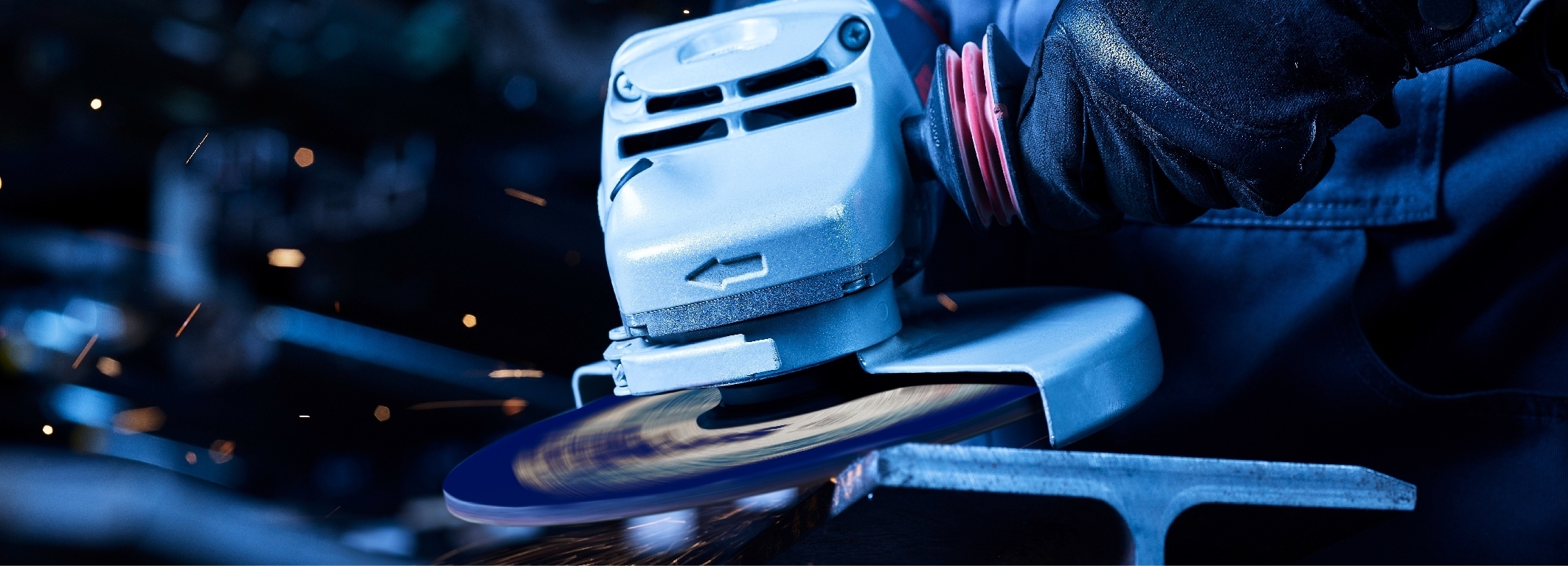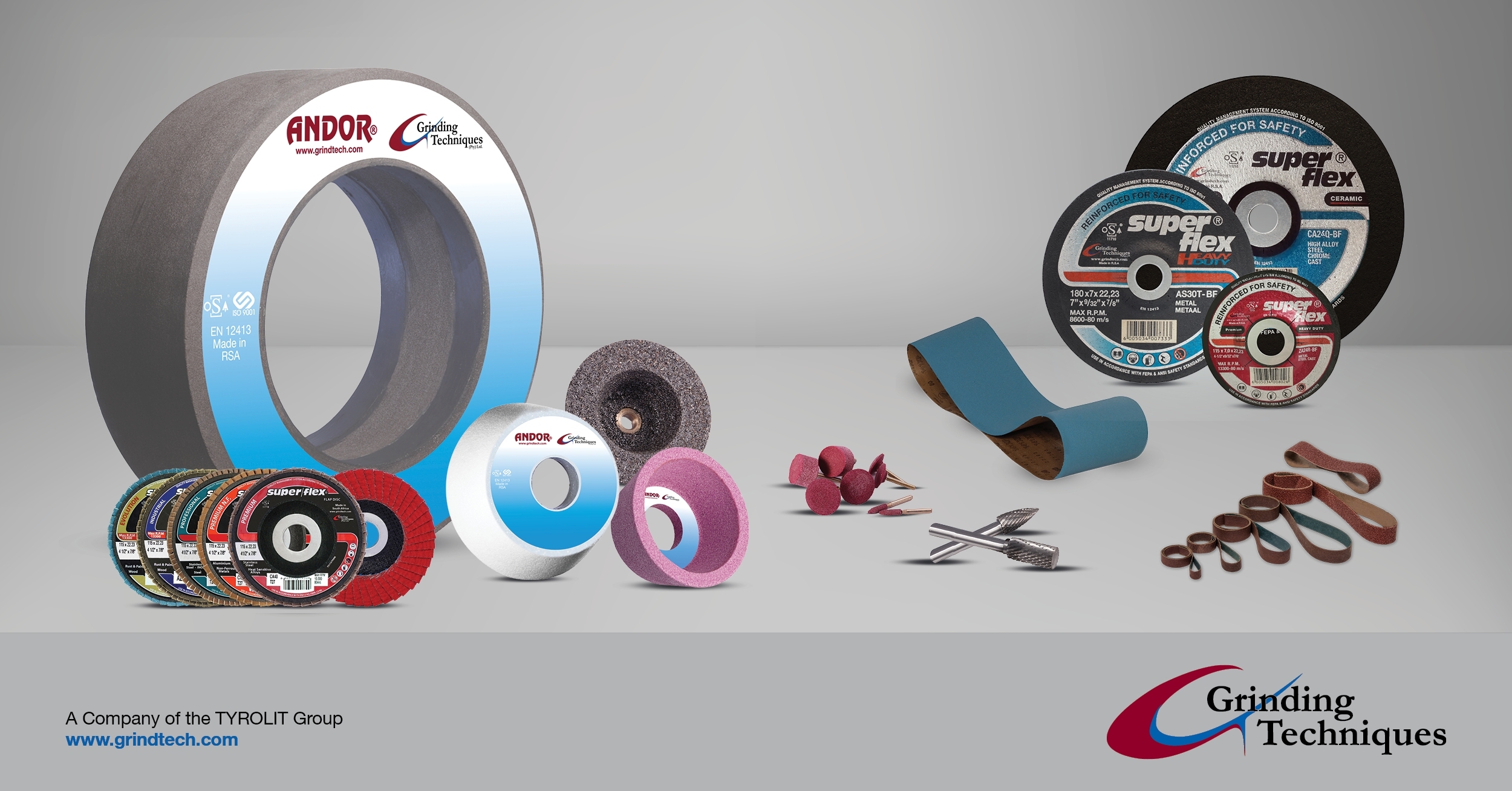- Perspective – November 2020
- State of the Nation
- Sassda Newsflash
- GPS World of Fame
- Sector Focus : Oil & Gas
- Global Insight
- Case Study
- Advertorial : Unique Welding
- Sector Focus : Holloware
- Advertorial : ‘No Flash in the Pan’
- Business Strategy
- Advertorial : Valbruna Stainless South Africa
- Maximizing the Cost-Effectiveness of Stainless Steel
- Technical Insights
- The importance of making the Correct Tool Choice
AN INTERVIEW WITH A SASSDA MEMBER
The South African stainless steel industry has been under pressure for several years due to various reasons. Member companies needed to adapt, and the resilience of our sector is once again showing through. Most of our long-standing members have been through cycles of difficult times and have become ever watchful and therefore improved structures and systems to remain abreast of any developments; whether it is market related or improving general efficiency. Sassda tends to look at areas for major improvements for efficiency, but our successful members will testify that these major areas for drastic improvements soon run out. The key is to continuously do small improvements at all levels of the organisation.

In the modern age of industrial innovation, it has become more important than ever to analyse the performance of every tool in the manufacturing process or the process of value addition. One of these areas for continuous improvement of efficiency and thus reducing costs will be so called consumables such as abrasives and general tooling. In a recent interview with Dewald Bodenstein, the commercial manager at our member company Grinding Techniques in Krugersdorp, he agreed with this view.
He further stated that the margin between success and failure, profit or loss may be determined by the small differences in production times and costs that are often taken for granted.
“It is often experienced that we do things the same way we have always done them, even though the parameters and environment we operate in have changed. Why spend four hours battling to get a job ground and ready for shipping when one hour will do? Why employ three fettlers, occupy additional machines, PPE, electricity, and other associated costs when the right tool could assist one fettler to be up to three or even four times more efficient? Why wait another day to invoice a job that could have been delivered today?”
When looking at the wide range of alloys that are being developed for all kinds of applications, it is critical to make good tooling choices to cope with the mechanical properties that can widely differ from alloy to alloy. According to Dewald, this is especially true for casted products. “Some alloys are lighter, and/or harder, more abrasion-and-impact resistant, while others tend to react better to sub-zero temperatures or prove more heat-sensitive than ever before.”
He remarks that fortunately tooling technology is also keeping up with the developments in the metallurgical field. “Manufacturing methods, bonding systems and mineral types have been evolving to keep up with the demands created by new modern innovative alloy introductions. At Grinding Techniques - a Tyrolit company - we are at the cutting edge of development and able to provide a solution to abrasive requirements.”
When discussing the matter of machining of the new “super alloys” with manufacturing members, it is becoming apparent that machining of these materials will be and is already a serious challenge. According to Dewald grinding has proven to be one of, if not the preferred method, shaping some of these alloys. Abrasive manufacturers all over the world are gearing towards the grinding, shaping, and machining of exotic alloys with a far greater success rate over that of the machine tool bit
manufacturers.
New innovative products being developed have brought grinding and machining times of certain components down from four to six hours per part, to less than 24 minutes per part. This is a major cost-saving as well as an increase in productivity by just making good choices.
In the stainless world of manufacturing, it is often required to shape hard alloys such as the martensitic materials and grinding times on these hard materials can be reduced by more than 66% by using ceramic tooling. As a result of the shortened grinding times, less heat is being generated through friction, by significant proportions with a noticeable cost saving as a result. Scrap rates as a direct result of heat cracks are now something of the past.
It is important to understand that tooling is also highly specialised and not a “one size fits all” type commodity. This is illustrated by the fact that whilst the ceramic range is effective on chrome containing and abrasion resistant materials, it does not provide the same performance level on cast iron, sg iron, manganese, and steel foundries materials. This is because the grinding mineral offers a sharper, more aggressive grind on contact, but the bonding system employed, breaks down differently to that of conventional grinding wheels developed for softer materials. Selecting the incorrect tool therefore reduces the efficiency of the grinding tool on the application and increases the cost to a point where it is just not viable to use.
When Dewald was asked about the starting point for when choosing the most appropriate tool for the job at hand, he responded by saying that it starts by a willingness from the fabricators to challenge their organisations to achieve a more desirable result and produce a better end product, at a satisfactory cost level for the specific application.
He says; “You need to ask yourself what would you like to achieve? Faster grinding times with less of a bottleneck in your fettling bay? Lower grinding cost per component? Reduction in machine cost, or replacement cost?
Better aesthetic finishing?” He believes that all these issues can be addressed by selecting the correct abrasive type.
As mentioned at the start, it is noticeable that our members that have been weathered by difficult times have a mindset to adapt and to change with a changing environment. They make clever choices based on the principals of lean manufacturing and sustainability. This is one example where the will of management to improve and technology can work together.
Grinding Techniques - a Tyrolit company and proud Sassda member - offers a comprehensive range of abrasives geared towards achieving your required optimum result. With more than 100 years of manufacturing experience behind them, this member is more than willing to conduct trials, assist with application optimisation, and work along-side other members to tailor make solutions that attain the required results.
For more information on making good tooling choices contact Dewald at: +27 11 271 6400 | info@grindtech.com | www.grindtech.com.


